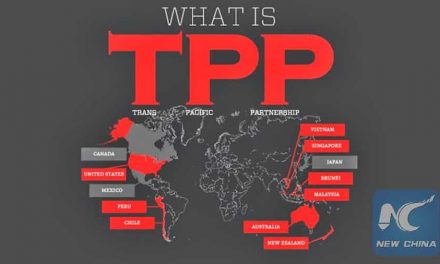
The E.U. Needs to Stop Dangerous Trade Deals
June 22, 2015
Maude Barlow and Paul Moist
Council of Canadians
As the EU-U.S. Transatlantic Trade and Investment Partnership (TTIP) agreement vote was postponed in the European Parliament on June 10th, the European Union is on the precipice of a major decision. Lurking in the background is another key decision about the EU-Canada Comprehensive Economic and Trade Agreement (CETA).
We Canadians are writing to you, the Socialists, New European Left, and Greens, because you have the power to stop these dangerous trade deals. With this type of trade agreement, we have a choice: Do we accept rising inequality, unchecked corporate power, and lowered social and environmental standards, allowing the one per cent to become richer at our expense, or do we draw a line in the sand?
As Canadians, we have first-hand experience with these kinds of deals, having passed the North American Free Trade Agreement (NAFTA) with the U.S. and Mexico. And we have some tales to tell.
In 1988, many of us took to the streets to fight the Canada-U.S. Free Trade Agreement, later expanded to include Mexico. NAFTA included one of the first investor-state dispute settle provisions, the infamous clause that allows foreign corporations to sue governments for lost profits. We worried about losing our public services, our water, and our environmental and safety standards.
Free trade was a defining issue in the Canadian election of 1988. But while a majority of Canadians voted against the agreement, our first-past-the-post electoral system delivered a Conservative government that signed the deal.
Fast forward 27 years to present-day Canada. We now face more investor-state lawsuits than any other developed country.
Even the historic St. Lawrence River, the river that European settlers sailed down when they first explored Canada, is affected. The province of Quebec put a moratorium on petroleum exploration on the river to prevent hydraulic fracturing (fracking), a controversial extraction technique banned in France and other jurisdictions. As a result, the Canadian government was sued for $250 million by a company headquartered in Canada but registered in the United States.
-read the rest of this open letter Français | Deutsch | Español





